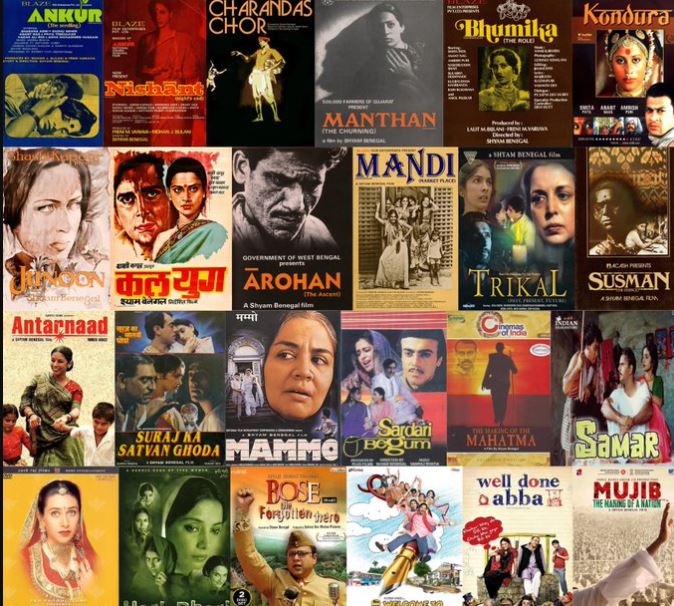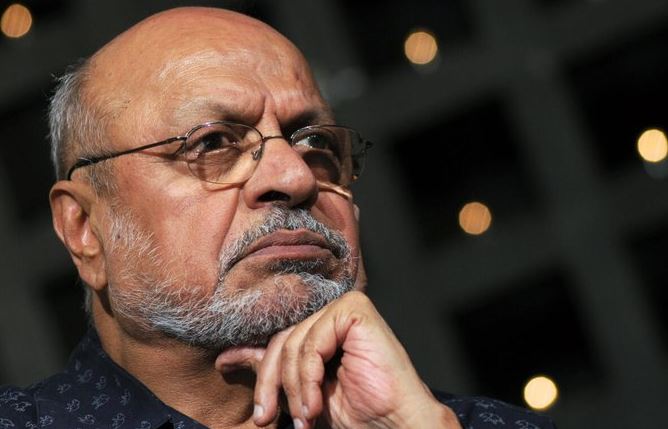Shyam Benegal, the legendary filmmaker credited with shaping the Indian parallel cinema movement in the 1970s and 1980s, has passed away at the age of 90. Known for his realistic portrayal of societal issues and his departure from the conventions of mainstream cinema, Benegal’s work remains a defining influence on Indian filmmaking.
The filmmaker, who was admitted to the intensive care unit at Mumbai’s Wockhardt Hospital following his 90th birthday on December 14, was suffering from chronic kidney disease. His daughter, Pia Benegal, confirmed the news, stating, “He passed away at 6:38 pm. He had been battling chronic kidney disease for several years, which worsened in recent times.”
Benegal, despite his health challenges, had been actively involved in filmmaking until the end. On his birthday, he shared with news agency PTI that he was working on two to three projects. “I don’t do anything great on my birthday. It may be special, but I don’t celebrate it specifically. I cut a cake at the office with my team,” he had said. Even as his health deteriorated, including requiring dialysis three times a week, he remained passionate about his craft.
His recent work included the 2023 biographical film Mujib: The Making of a Nation. Throughout his career, Benegal directed numerous films, documentaries, and television serials that tackled a wide range of social and political issues. His classics include Bhumika, Junoon, Mandi, Suraj Ka Satvaan Ghoda, Mammo, and Sardari Begum.

Born in Hyderabad to Sridhar B. Benegal, a prominent photographer, Shyam Benegal was also the second cousin of the legendary filmmaker Guru Dutt. He began his career as a copywriter and made his first documentary film, Gher Betha Ganga (1962), in Gujarati. His first four feature films—Ankur (1973), Nishant (1975), Manthan (1976), and Bhumika (1977)—established him as a key figure in the Indian new wave cinema movement.
Benegal also served as the Director of the National Film Development Corporation (NFDC) from 1980 to 1986. His film Mandi (1983) is renowned for its satirical commentary on politics and prostitution, featuring iconic performances by Shabana Azmi and Smita Patil. In Trikal (1985), Benegal explored human relationships against the backdrop of the last days of Portuguese rule in Goa.
Benegal is survived by his wife, Nira Benegal, and daughter, Pia Benegal. His passing marks the end of an era for Indian cinema, with his influence continuing to resonate in the industry today.



